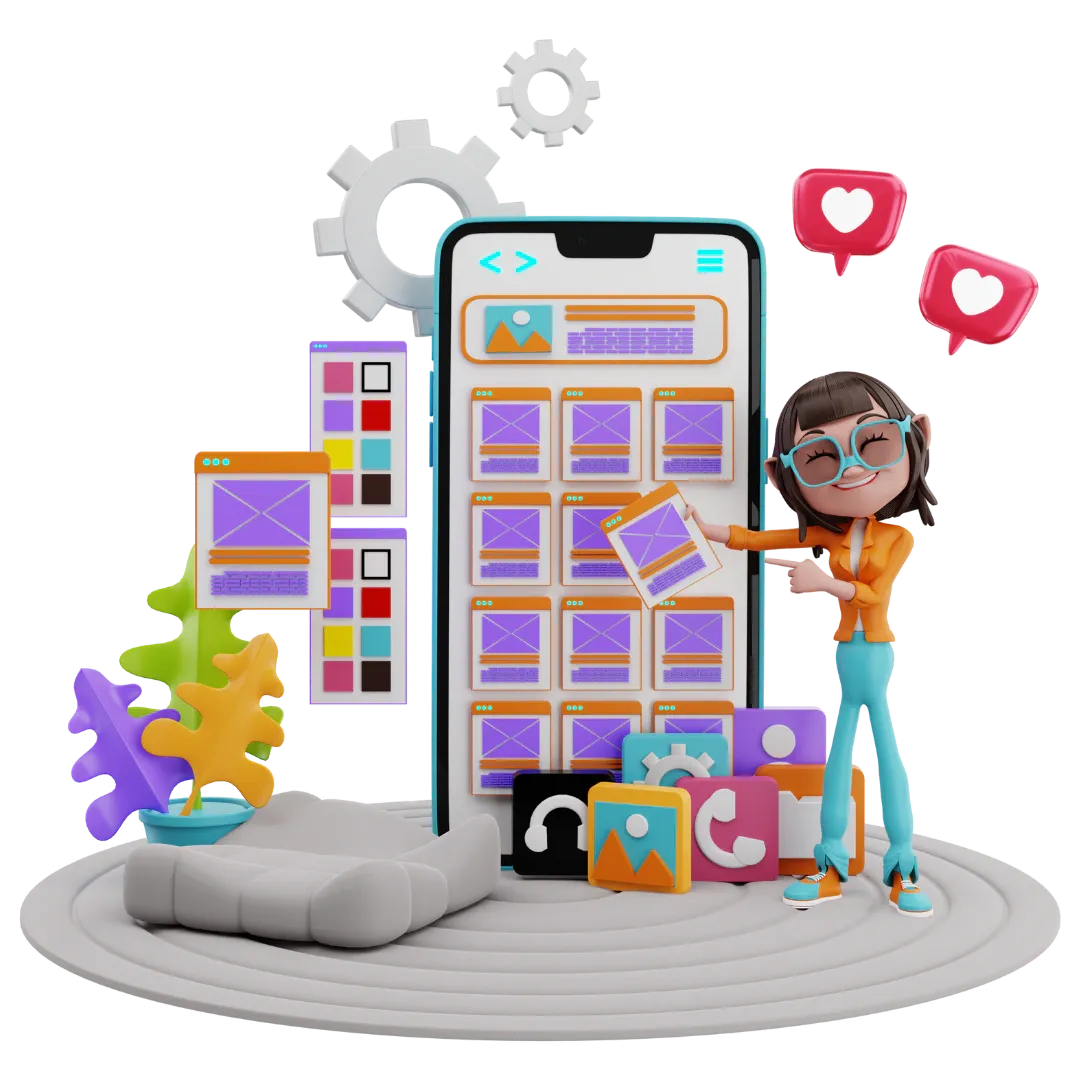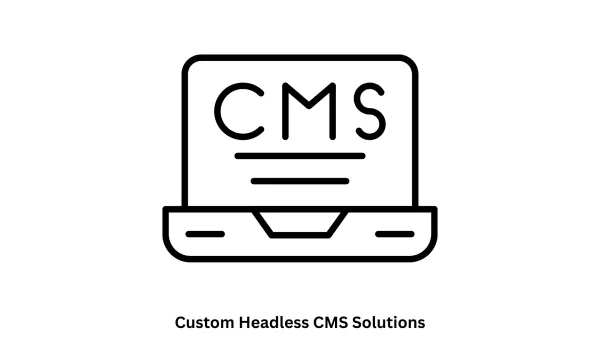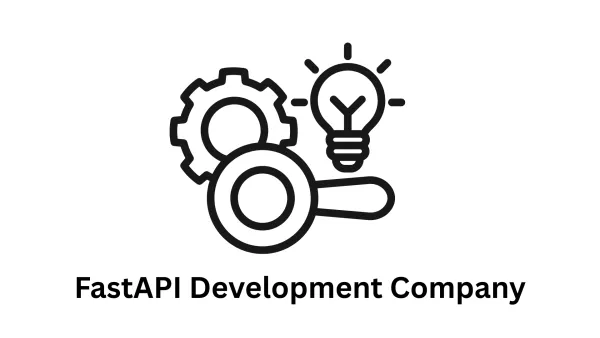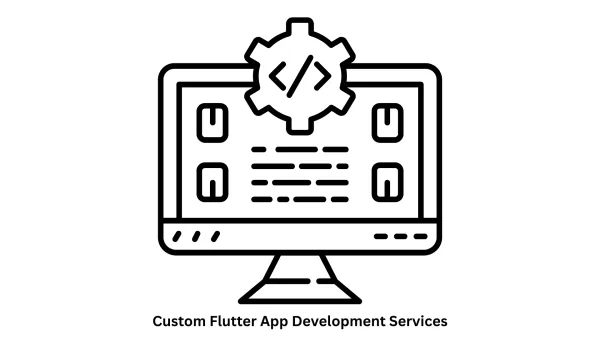Build Your Own Powerful LMS Website and Mobile App

Learning Management Systems (LMS) have revolutionized education and training. Whether you're an educational institution, a corporation, or an individual instructor, having a dedicated LMS platform can streamline course delivery, enhance learner engagement, and track progress effectively. In this guide, we'll walk you through the key considerations for building a successful LMS website and mobile app.
1. Define Your Goals and Target Audience
What are you hoping to achieve with your LMS? Who will be using it? Clearly defining your objectives and understanding your target audience will guide the entire development process.
2. Choose the Right LMS Platform
- Open-Source LMS: These offer flexibility and customization but require technical expertise for setup and maintenance.
- Cloud-Based LMS: These are user-friendly and scalable, with subscription-based pricing models.
- Custom LMS Development: This option provides the most tailored solution, but it's the most time-consuming and expensive.
3. Essential LMS Features
- Course Creation and Management: Enable instructors to easily build and organize courses.
- Content Delivery: Support various formats like video, audio, text, and interactive elements.
- Assessment and Quizzes: Offer quizzes, tests, and assignments to evaluate learner progress.
- Progress Tracking and Reporting: Provide insights into learner performance and engagement.
- Communication Tools: Facilitate interaction between instructors and learners through forums, chat, or messaging.
- Gamification: Incorporate badges, leaderboards, and rewards to boost motivation.
- Mobile Responsiveness: Ensure your LMS functions seamlessly on smartphones and tablets.
4. Design an Intuitive User Interface (UI)
Your LMS should be easy to navigate for both instructors and learners. Focus on clean design, clear navigation, and a visually appealing layout.
5. Develop Your Mobile App
Creating a mobile app enhances accessibility and allows learners to access courses on the go. Consider these options:
- Native App Development: Separate apps for iOS and Android, offering the best performance.
- Cross-Platform Development: Build one app that works on both platforms, saving time and resources.
- Responsive Web Design: Optimize your LMS website for mobile devices, a cost-effective option.
6. Test, Launch, and Iterate
Thoroughly test your LMS website and mobile app on various devices and browsers. Gather feedback from users and continuously improve your platform based on their suggestions.
Why Choose Associative for Your LMS Development?
Associative is a leading LMS website and mobile app development company. We offer:
- Expertise: Our experienced team specializes in LMS development and can guide you through the entire process.
- Customization: We tailor solutions to meet your unique requirements and goals.
- Cutting-Edge Technology: We leverage the latest technologies to create high-performance and secure LMS platforms.
- Support and Maintenance: We provide ongoing support to ensure your LMS runs smoothly.
Conclusion
Building a successful LMS website and mobile app requires careful planning, the right technology, and a focus on user experience. With the right partner like Associative, you can create a powerful platform that empowers your learners and achieves your educational or training goals.
To learn more, consider reading other articles, blogs, and stories in this area.
Top LMS Website And Mobile App Development Company
Top LMS Website and Mobile App Development Companies
Build Your Own LMS Empire: A Guide to Creating a Website and Mobile App
Best Technologies for LMS Websites and Mobile Apps
How to Create an LMS Website and Mobile App
Building Your Dream LMS: Essential Tech Stack for Websites & Mobile Apps
Best Technologies, Platforms, and Tools for Creating a Top-Notch LMS Website and Mobile App




